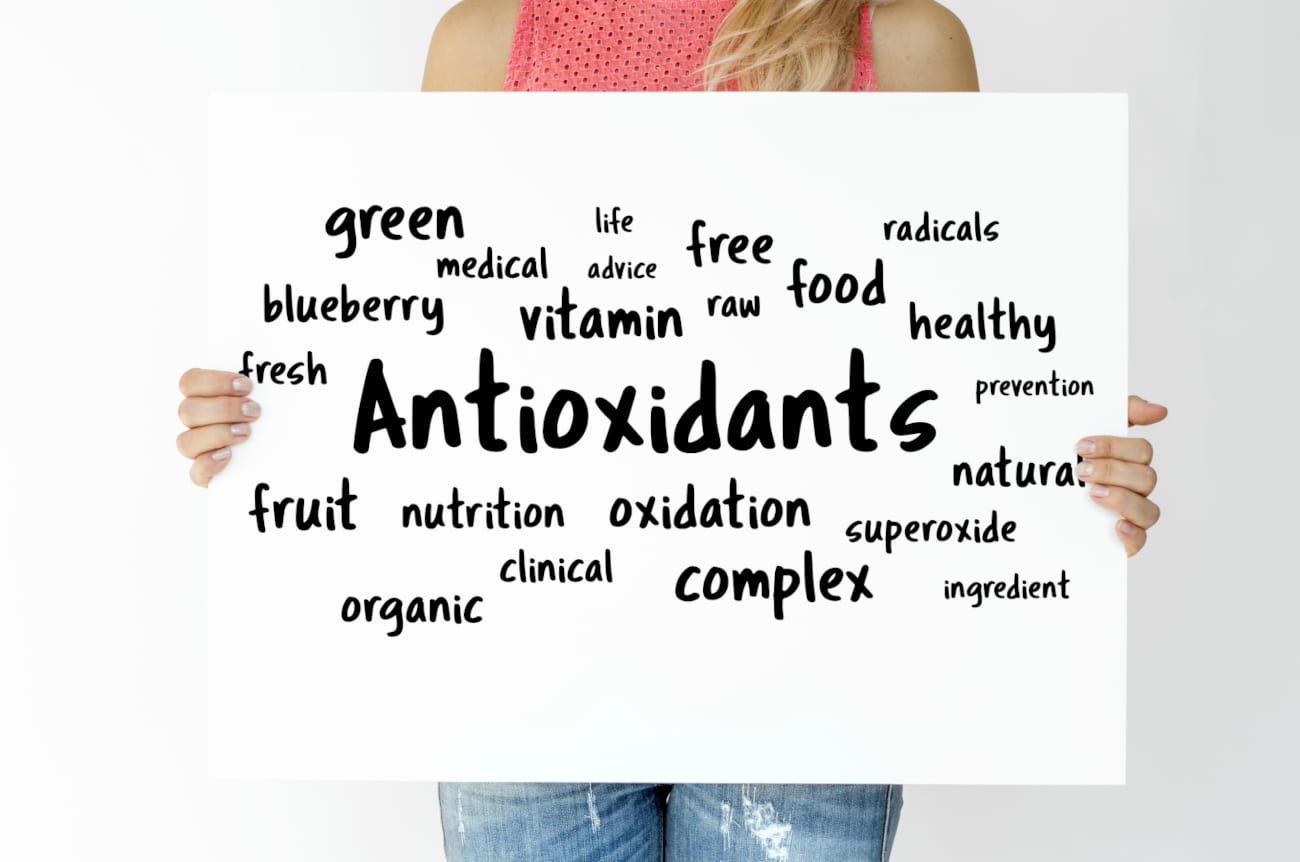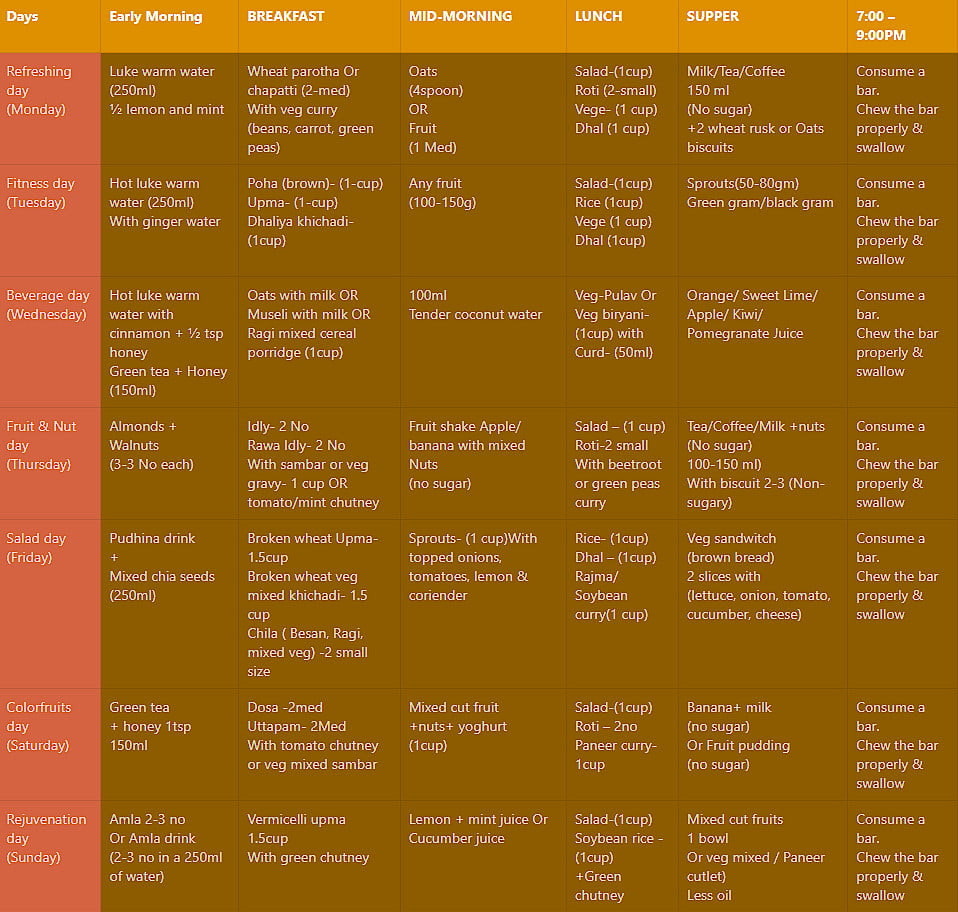Blog
Combating Diseases With Antioxidants

Antioxidants are essential nutrients that protect our cells from damage caused by free radicals. Antioxidants work by neutralizing harmful molecules called free radicals. Free radicals are unstable molecules that can damage cells and contribute to the development of various diseases, including cancer, heart disease, and Alzheimer’s disease.
Free radicals are produced as a by-product of natural metabolic processes in the body, as well as through exposure to environmental factors like pollution, radiation, and tobacco smoke. When free radicals build up in the body, they can damage DNA, proteins, and other important molecules, leading to cell dysfunction and disease.
Antioxidants neutralize free radicals by donating an electron to the unstable molecule, which stabilizes it and prevents it from causing further damage. This process is called oxidation, and antioxidants are often referred to as “free radical scavengers” because they “scavenge” or clean up free radicals in the body.
A diet rich in antioxidants can help to protect against these diseases and support overall health and well-being. In this blog, we will discuss various diseases that can be prevented through antioxidants and how a lack of antioxidants can lead to preventable diseases.
Cancer
Cancer is a leading cause of death worldwide, and many types of cancer are preventable through a healthy lifestyle and diet. Antioxidants play a critical role in cancer prevention by protecting cells from damage caused by free radicals. Studies have shown that a diet rich in antioxidants, including vitamins A, C, and E, can reduce the risk of several types of cancer, including breast, lung, and colon cancer. Antioxidants work by neutralizing free radicals and preventing them from damaging cells and DNA. This can slow the progression of cancer cells and reduce the risk of tumor growth.
Heart Disease
Heart disease is another leading cause of death worldwide, and a lack of antioxidants is a significant risk factor for developing heart disease. Antioxidants protect the heart and blood vessels by reducing inflammation and preventing damage to the cells that line the blood vessels. Studies have shown that a diet rich in antioxidants can reduce the risk of heart disease by improving cholesterol levels, reducing blood pressure, and preventing the formation of blood clots. Antioxidants can also protect against oxidative stress, which is a leading cause of heart disease and other chronic health conditions.
Alzheimer’s Disease
Alzheimer’s disease is a progressive neurological disorder that affects millions of people worldwide. While the exact cause of Alzheimer’s disease is not yet known, research suggests that oxidative stress and inflammation play a significant role in the development of the disease. Antioxidants can protect the brain from damage caused by free radicals and reduce the risk of Alzheimer’s disease. Studies have shown that a diet rich in antioxidants, including vitamins C and E, can slow the progression of the disease and improve cognitive function in people with Alzheimer’s disease.
Diabetes
Diabetes is a chronic disease that affects millions of people worldwide. A lack of antioxidants is a significant risk factor for developing type 2 diabetes, which is the most common form of the disease. Antioxidants can help to regulate blood sugar levels and improve insulin sensitivity, reducing the risk of developing diabetes. Studies have shown that a diet rich in antioxidants, including vitamins C and E, can reduce the risk of developing type 2 diabetes by up to 30%.
Arthritis
Arthritis is a common condition that affects the joints, causing pain, swelling, and stiffness. A lack of antioxidants is a significant risk factor for developing arthritis, as free radicals can damage the cells that make up the joints. Antioxidants can protect the joints from damage caused by free radicals, reducing the risk of developing arthritis. Studies have shown that a diet rich in antioxidants, including vitamins A, C, and E, can reduce the risk of developing arthritis and improve symptoms in people with the condition.
How to Get More Antioxidants
A diet rich in fruits, vegetables, and whole grains is the best way to get more antioxidants. These foods are rich in vitamins A, C, and E, and other beneficial nutrients like beta-carotene, lycopene, and selenium. Some of the best sources of antioxidants include:
Berries: Blueberries, strawberries, raspberries, and blackberries are all rich in antioxidants like vitamin C and anthocyanins.
Dark chocolate: Dark chocolate is rich in antioxidants like flavonoids and polyphenols.
Nuts: Almonds, walnuts, and other nuts are rich in antioxidants like vitamin E and selenium.
Leafy greens: Spinach, kale, and other leafy greens are rich in antioxidants like vitamins A, C, and K, as well as lutein and zeaxanthin.
Citrus fruits: Oranges, grapefruits, and other citrus fruits are rich in vitamin C, a powerful antioxidant.
Green tea: Green tea is rich in antioxidants called catechins, which have been shown to protect against several types of cancer.
While a healthy diet is the best way to get more antioxidants, supplements can also be a helpful way to boost your intake. However, talking to your healthcare provider before starting any new supplement regimen is essential, as some supplements can interact with medications or have adverse effects.
Incorporating more antioxidant-rich foods into your diet can protect your cells from damage caused by free radicals and support your overall health and well-being. Additionally, supplements can be a helpful way to boost your antioxidant intake, but it is crucial to talk to your healthcare provider before starting any new supplement regimen. With a little effort, you can reduce your risk of developing preventable diseases and live a longer, healthier life.

Indusviva iPulse

